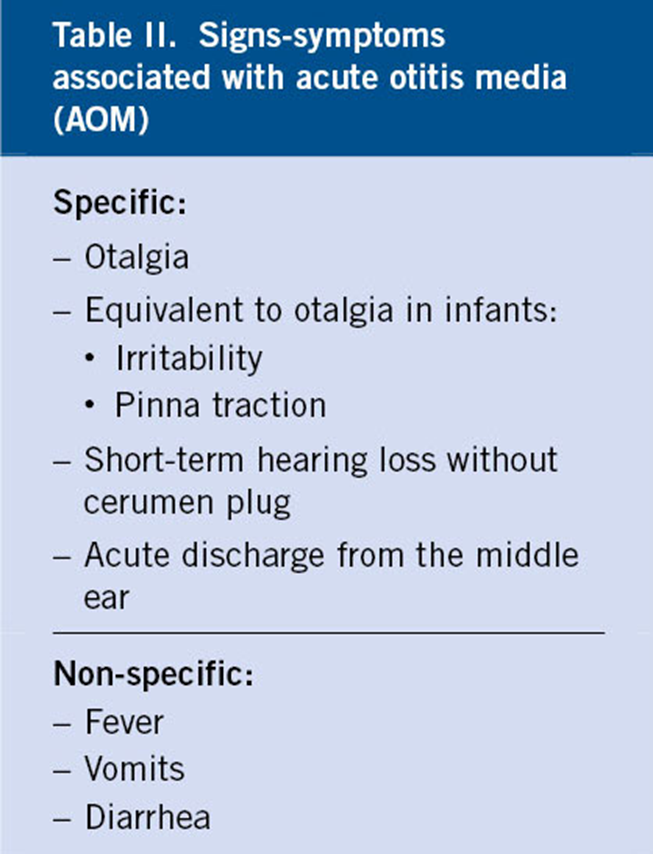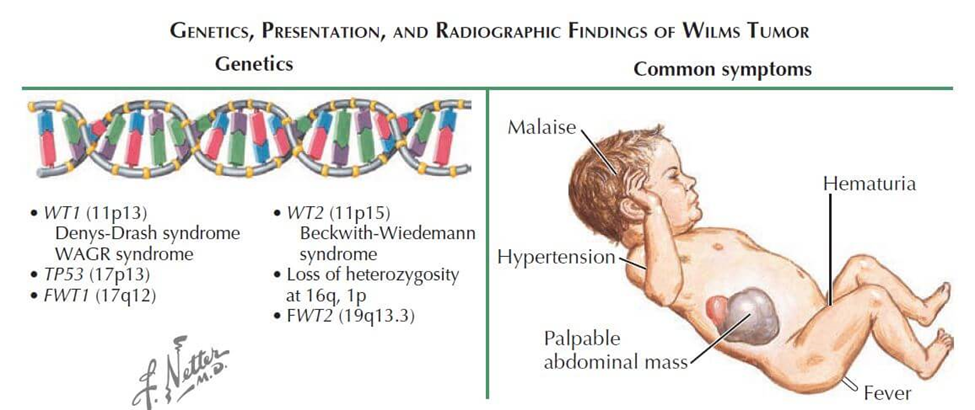A nurse is collecting data from an infant who has otitis media. The nurse should expect which of the following findings?
Increase in appetite
Tugging on the affected ear lobe
Erythema and edema of the affected auricle
Bluish-green discharge from the ear canal
The Correct Answer is B
A. Increase in appetite: Otitis media, an infection or inflammation of the middle ear, typically causes discomfort and pain in infants. As a result, they may experience a decrease in appetite rather than an increase.
B. Tugging on the affected ear lobe: Tugging or pulling on the affected ear lobe is a common sign of ear pain in infants with otitis media. It occurs because the pain from the middle ear extends to the outer ear canal.
C. Erythema and edema of the affected auricle: Otitis media primarily affects the middle ear, so erythema (redness) and edema (swelling) are not typically observed on the outer ear (auricle). Instead, these symptoms are more commonly seen in external ear infections, such as otitis externa.
D. Bluish-green discharge from the ear canal: Bluish-green discharge from the ear canal is not a typical finding in otitis media. It may suggest a secondary bacterial infection or another underlying condition, but it is not a characteristic feature of otitis media.

Nursing Test Bank
Naxlex Comprehensive Predictor Exams
Related Questions
Correct Answer is C
Explanation
A. Gross hematuria: Gross hematuria refers to visible blood in the urine, which can present as pink, red, or cola-colored urine. While hematuria can be associated with various kidney conditions, including Wilms' tumor, it is not a consistent or defining symptom of this specific tumor. Additionally, because the tumor is typically confined within the kidney and does not usually invade the urinary tract, gross hematuria might not always be present.
B. Dysuria: Dysuria is the medical term for painful or difficult urination. It is not a typical symptom of Wilms' tumor, as this tumor primarily affects the kidney and may not directly affect the urinary tract in a way that causes painful urination.
C. An abdominal mass: This is the correct answer. Wilms' tumor often presents as a palpable abdominal mass, which may be felt during physical examination. The mass is usually firm, non-tender, and confined to one side of the abdomen. Detection of an abdominal mass should prompt further diagnostic evaluation to confirm the diagnosis and plan appropriate treatment.
D. Nausea and vomiting: While some children with Wilms' tumor may experience nausea and vomiting, these symptoms are nonspecific and can be caused by various conditions. They are not considered characteristic or defining features of Wilms' tumor. The presence of nausea and vomiting would prompt further assessment to determine the underlying cause

Correct Answer is B
Explanation
A. Increase in appetite: Otitis media, an infection or inflammation of the middle ear, typically causes discomfort and pain in infants. As a result, they may experience a decrease in appetite rather than an increase.
B. Tugging on the affected ear lobe: Tugging or pulling on the affected ear lobe is a common sign of ear pain in infants with otitis media. It occurs because the pain from the middle ear extends to the outer ear canal.
C. Erythema and edema of the affected auricle: Otitis media primarily affects the middle ear, so erythema (redness) and edema (swelling) are not typically observed on the outer ear (auricle). Instead, these symptoms are more commonly seen in external ear infections, such as otitis externa.
D. Bluish-green discharge from the ear canal: Bluish-green discharge from the ear canal is not a typical finding in otitis media. It may suggest a secondary bacterial infection or another underlying condition, but it is not a characteristic feature of otitis media.

Whether you are a student looking to ace your exams or a practicing nurse seeking to enhance your expertise , our nursing education contents will empower you with the confidence and competence to make a difference in the lives of patients and become a respected leader in the healthcare field.
Visit Naxlex, invest in your future and unlock endless possibilities with our unparalleled nursing education contents today
Report Wrong Answer on the Current Question
Do you disagree with the answer? If yes, what is your expected answer? Explain.
Kindly be descriptive with the issue you are facing.
